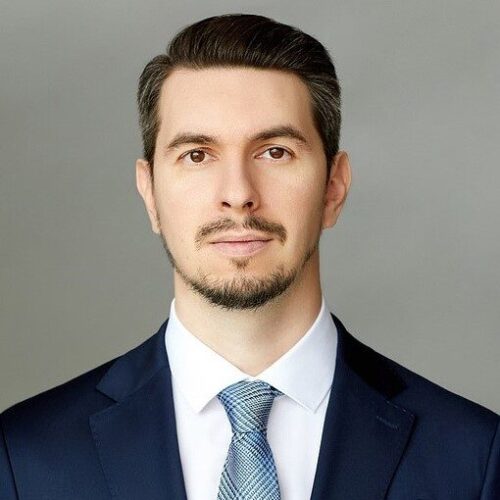
Sergey Sidorkin
Social and Economic Policies of Regions, Deputy Director on Socio-Economic Projects
IMC Montan
PhD (Politics)
Sergey graduated with honours from the department of history at Chelyabinsk State University with specialization in political science; and a post-graduate course at the public policy chair of the department of philosophy at Lomonosov Moscow State University as a PhD, political sciences. Sergey has expertise in the area of strategic planning, Investor Relations, Public Relations, Risk Management. Sergey has been working in IMC Montan since 2011 and is involved in the preparation of Terms of Reference, quality control, project coordination, liaison with the state authorities, market research, preparation of social and economic sections of mining project reports (risk assessment, assessment of project performance, analysis of legal and regulatory framework).
Workforce Digital Transformation in Mining & Metals Industry
The ever-growing use of digital technologies in mining & metallurgical industry is changing the role of the workforce in the production cycle, as well as general approaches to personnel management at enterprises. In the med-term, main trends in the mining industrial complex workforce will include six transition processes in three key fields. I. In the field of personnel training: 1) Change-over to new professions with digital skills 2) Transition from training centres to a tutoring model of continuing education II. In the field of production: 3) Transition from production sites to remote automated workplaces (it is expected to have increasingly active introduction of the unmanned production technologies, especially at the production sites posing threats to the employees’ life and health) 4) Transition from a mechanized workforce to an "involved worker" workplace (the widespread use of an alternate reality to improve labour productivity and safety) III. In the field of workforce management: 5) Transition from the human resource management to the talent management 6) Transition from socially responsible companies to social impact companies (increasing requirements for practical involvement of companies in social and economic development of the territories of their presence and contribution to addressing environmental problems, ESG-agenda)